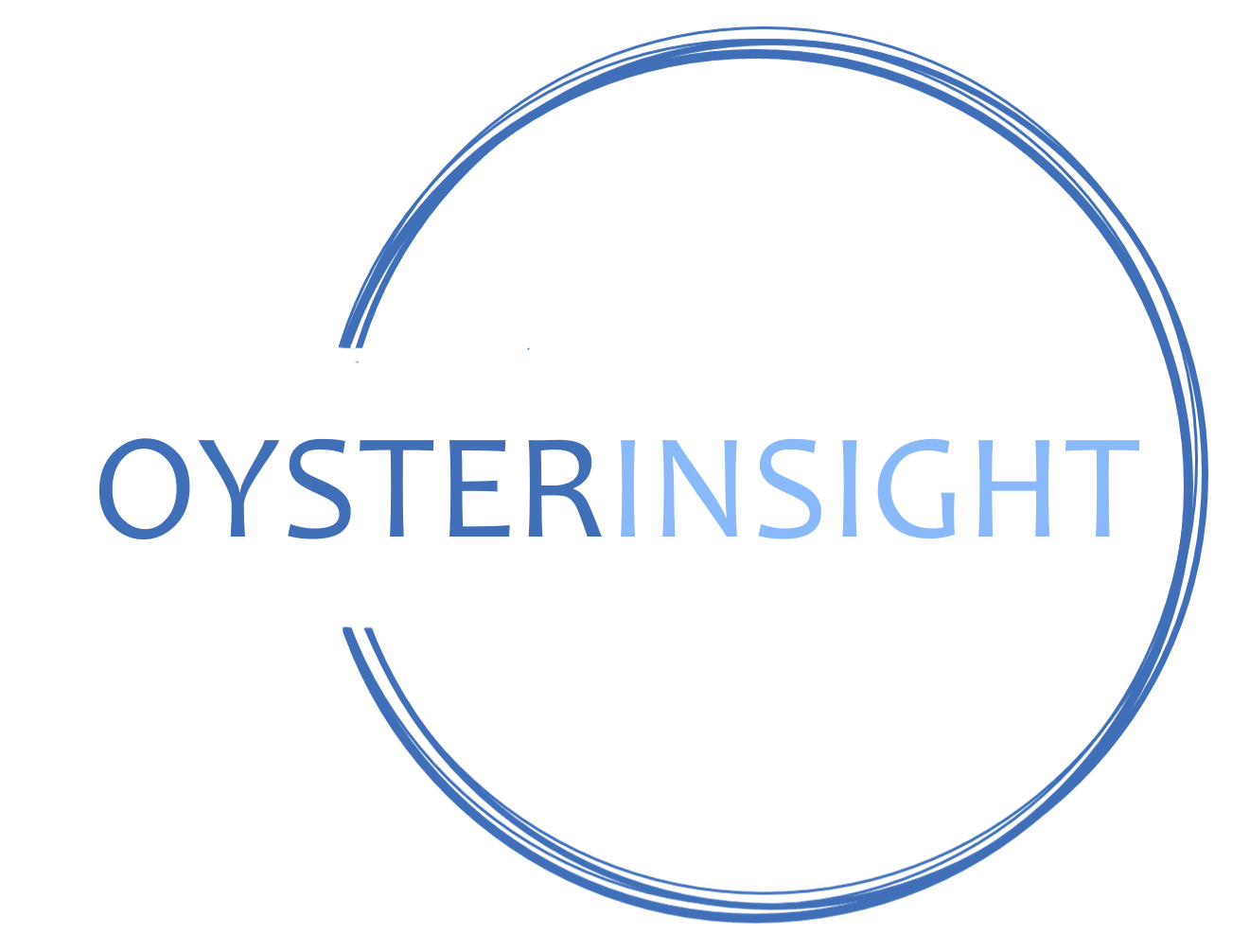Recently, two of my clients, for very different reasons, were facing very bleak options. They both thought they had an either/or choice, and neither choice looked very promising. Normally, these clients are optimistic and very creative at problem solving.
Both of these clients were under a lot of emotional stress. In this stressed out mode, they felt backed into a corner, and were resorting to what is known as “extremist” thinking. What was happening was not unexpected.

Stress-Induced Extremes
Emotional stress or being emotionally charged can significantly impact your ability to think rationally and consider less extreme solutions due to the following reasons:
- Cognitive Tunneling: When you’re emotionally stressed, your cognitive focus narrows down to the source of stress or the emotion itself. This phenomenon is known as cognitive tunneling. Your brain prioritizes addressing the emotional distress, which can make it difficult to engage in complex or nuanced thinking required for considering alternative solutions.
- Emotional Hijacking: Intense emotions, especially negative ones like anger, fear, or anxiety, can lead to what’s often referred to as “emotional hijacking.” In this state, your emotions override rational thinking, causing you to react impulsively rather than thoughtfully considering various options.
- Impaired Decision Making: Emotional stress can impair your ability to make well-balanced decisions. Your brain’s executive functions, responsible for rational decision-making and problem-solving, can be compromised when emotions are running high. This can lead you to lean towards extreme solutions that seem more emotionally satisfying in the moment.
- Confirmation Bias Amplification: Emotional stress can exacerbate confirmation bias, which is the tendency to seek out information that confirms your existing beliefs. In emotionally charged situations, you might unconsciously seek out information or perspectives that align with your emotional state, reinforcing extreme solutions you’re already leaning towards.
- Loss of Perspective: Emotions can distort your perspective, making it difficult to see the bigger picture or consider alternative viewpoints. This can lead to a narrowed focus on immediate solutions, often leaning towards extremes, while disregarding the potential consequences.
- Reduced Cognitive Resources: Emotional stress consumes cognitive resources, leaving you with less mental capacity for complex thinking. This cognitive depletion can make it challenging to engage in critical thinking, problem-solving, and creative brainstorming required for exploring less extreme solutions.
- Limited Empathy and Perspective-Taking: High emotional stress can hinder your ability to empathize with others or consider their viewpoints. This can make it harder to think in a nuanced way and entertain solutions that take into account multiple perspectives.
- Risk Perception and Avoidance: When stressed, the brain tends to prioritize risk avoidance. You might be more inclined to opt for extreme solutions that promise quick relief or an immediate sense of control, even if those solutions might have long-term negative consequences.
Finding the Middle Ground

To counter these effects and promote more balanced thinking in emotionally charged situations, consider the following strategies:
- Mindfulness and Emotional Regulation: Practice techniques like mindfulness meditation to manage emotional stress and regulate your emotions, allowing you to regain cognitive clarity.
- Time and Space: Give yourself time and distance from the situation to cool down emotionally before making decisions. This can help you re-engage your rational thinking abilities.
- Seek Support: Discuss the situation with a trusted friend, mentor, or coach. Talking about your emotions and thoughts can help you gain perspective and consider alternative solutions.
- Information Gathering: Deliberately seek out information from diverse sources, even if it challenges your current emotional stance. This can help you counter confirmation bias and broaden your perspective.
- Structured Problem-Solving: Use structured problem-solving techniques that encourage you to consider multiple solutions, weigh pros and cons, and think critically before making a decision.
Remember that emotions are a natural part of being human, but being aware of their potential impact on your decision-making process can help you make more informed and balanced choices, even in emotionally charged situations.
For my clients, they were able to find additional options through coaching.



